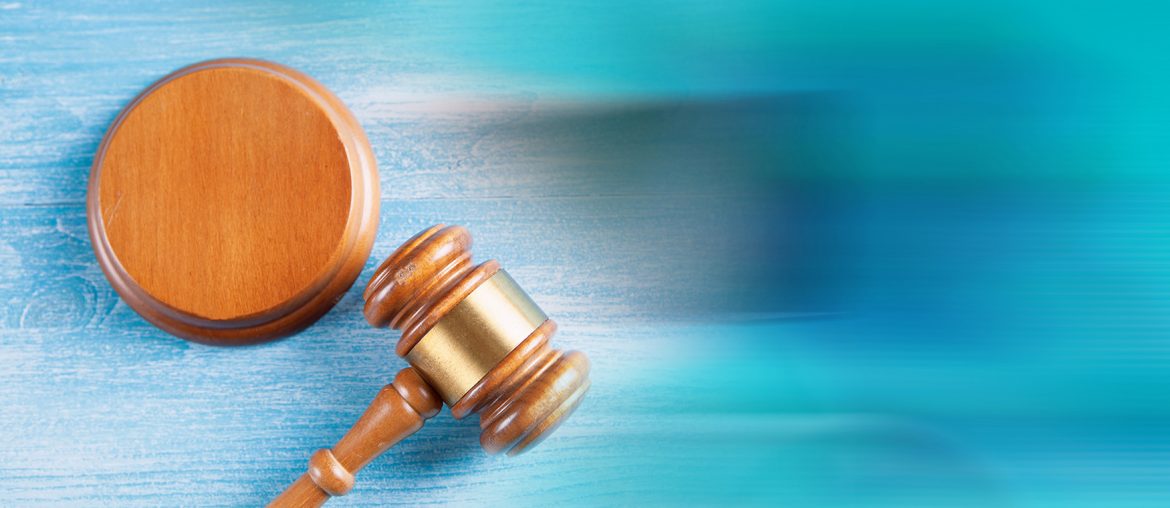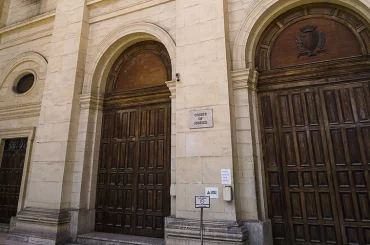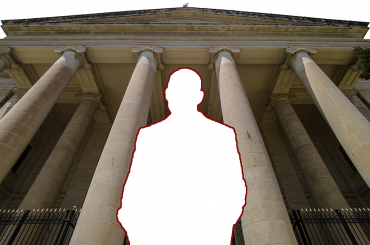A recently published law that empowers the court’s chief to discretionary accede to requests to delete judgements from the court’s website is as bizarre as it is brazen.
All judgements are uploaded to the court’s eCourts system, a website funded by the EU to make the justice system more transparent and accessible to the public. Transparency and openness in court matters, including trials or cases and judgments, are two fundamental principles of justice systems in democratic countries.
The legal notice, published in the last week of November, makes it possible to apply to have a judgement taken down from the eCourts website. The director general of the court would then have the discretion on acceding to or rejecting the request, as well as deciding on the level of erasure – whether to simply redact the name or names, or delete the entire judgement from the online system.
As for criteria to guide or inspire the director general’s decisions, the law only says that the decision is “subject to the provisions of the Data Protection Act”.
This is where the law’s logic gets bizarre as well as suspect.
Considering that everyone is equal under the law – and equal under the Data Protection Act – then within that context on what basis would the director general decide whose case merits “erasure” and whose does not under data protection principles? And by taking such decisions discretionally and selectively, would not that amount to discrimination?
Although the European Court of Human Rights has in the past made a judgement on the so-called right to be forgotten, that only applies to commercial websites. Official documents such as court judgements and notarial deeds are exempt because these are part of the record of the State and law and order, allowing the State and its actors to function.
Of course courts do currently redact the names of actors in certain classes of cases, such as cases involving children or cases of the Family Courts. For example, random letters are used instead of real names in Family Court judgements. These are judgements on child custody, separation and divorce, family breakdowns – the idea is to protect the personal privacy of families or broken families, and protect children from prying eyes and stigmatization due to family problems, even bullying.
And even in this class of cases, there is much contention on the wisdom of anonymity – as well as the fact that Family Court proceedings are not open to the public – there are campaigners and activists who maintain that closed courts give rise to abuse and serve to shield abusers from public exposure. But whatever your thoughts, at least in these cases the redacted names apply to everyone. And in case in which the imperative is the protection of children, the judiciary justify any redaction of names or removal of entire judgement from eCourts system in reasoned decisions.
None of this rationale, or logic, is inherent in the new law. Not only is it illogical, it raises concerns over its potential for abuse or arbitrary decision-making.
The question posits itself: what if the law is used to take down judgments of certain people who, because of these roles in society, would rather have their misdeeds or crimes erased from public consciousness?
The arbitrariness of the law makes it not only susceptible to abuse, it also serves to undermine our confidence or trust in the legal order and the courts.





